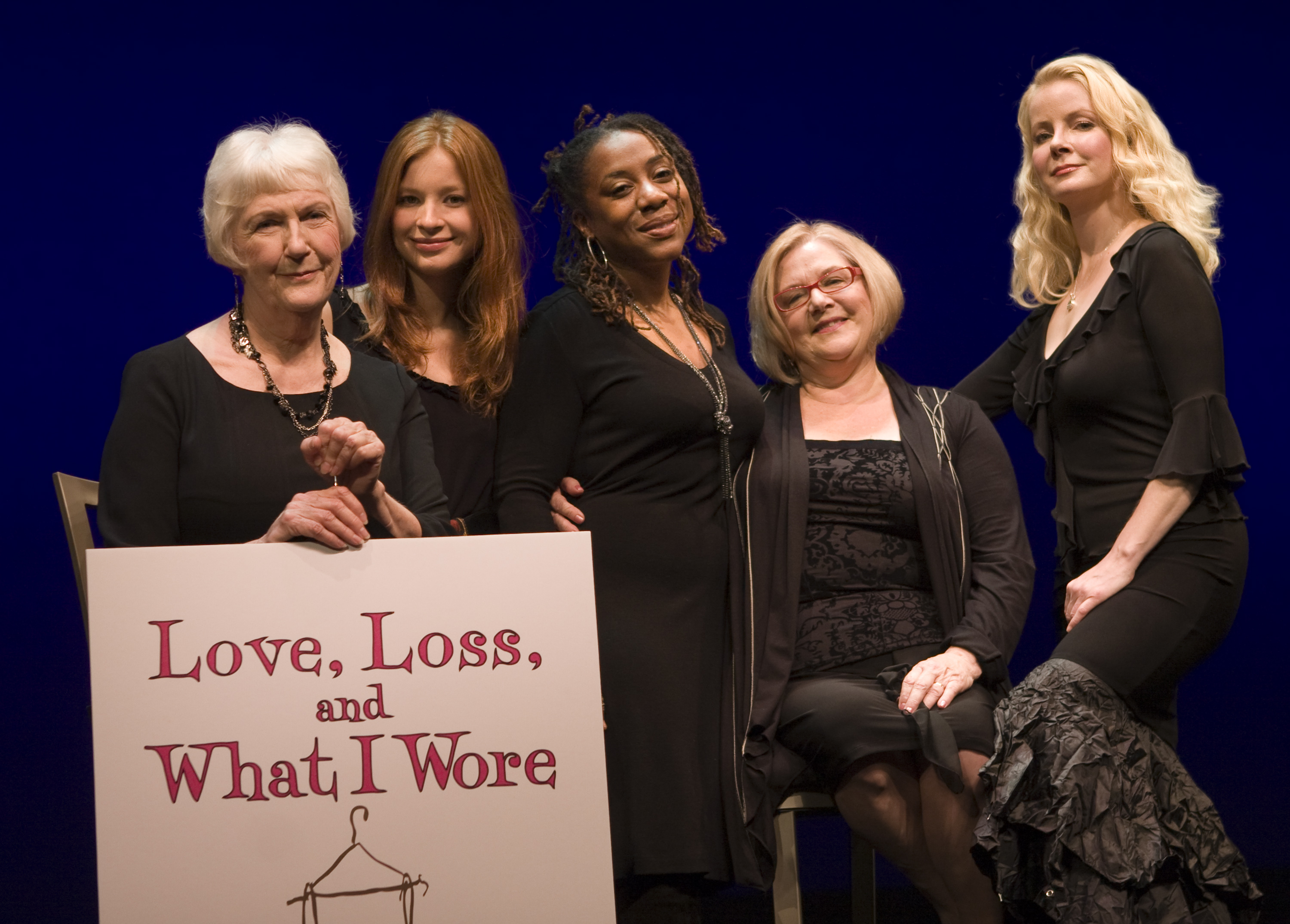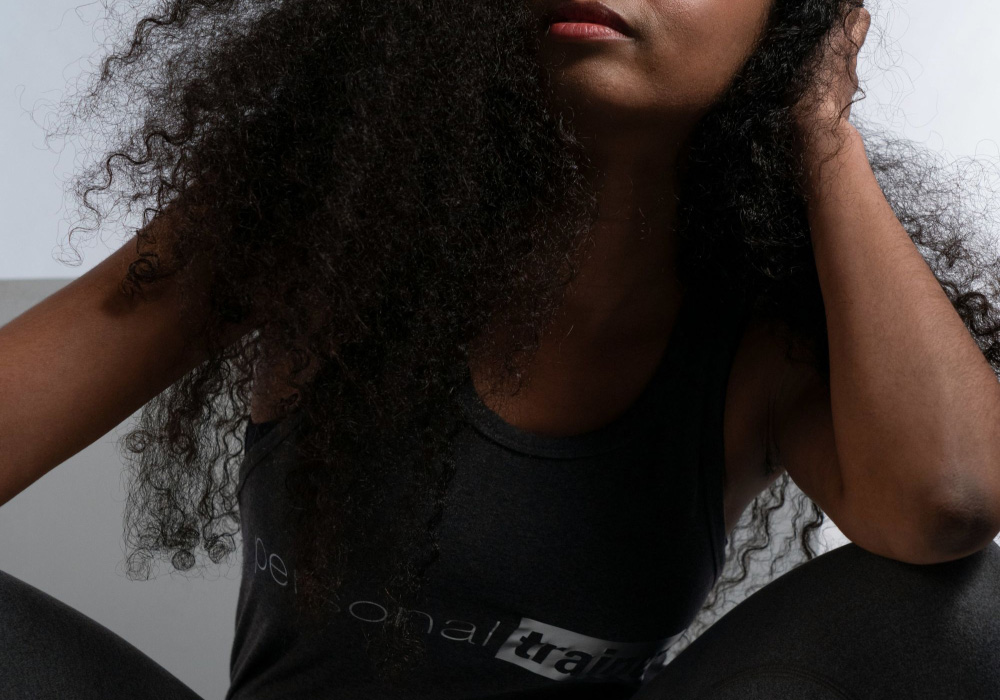
For the past ten years, we've watched Trey Anthony grow as an actor, writer, and producer. Through “Da Kink in My Hair,” she introduced audiences to the joys and pains experienced by women of colour. But in Nora Ephron's “Love, Loss, and What I Wore,” she hopes to show her range and her ability to go beyond the expected.
Why did she decide to be a part of the play?
I really liked the script, and I wanted to do roles unlike what I'm usually cast as. I wanted to do something that wasn't stereotypical, a role that transcended race; it's a female part. I also thought it was important for my fans and for myself to see me in something different to know that I could do other roles, something that stretched me and scared me as an actor. It was good to come out of my comfort zone.
On what inspired her character in “Love, Loss and What I Wore”
I think I draw from my first love, I think draw from my own relationships functional and dysfunctional, and my friends of course.
On what drew her to Nora Ephron's work
I think it’s her wit and her sensibility. I also like how she writes female characters. I think she''s able to transcend race, the things that she writes about are the things all women talk about. From remembering our first bra, fitting into clothing that’s too small for us, comparing ourselves to other women, and our relationships with our mother and for me, that's what really drew me to the script, the fact that I found it relatable and so I said why not.
On the cast of Love Loss and What I Wore
I think what's really great is just the range of women, especially age-wise. There's someone in their 20s, me in my 30s, some women in their 40s, 50s and 60s. And I think just working with women who've been in the industry this long, to see what a trained theatre actor is about and how they approach the script and their craft. It’s been a learning experience to see how other women approach their craft.
On what the audience can expect to take with them
At the end of the day, I think our experiences are very similar. Yes we have differences, there's race, there's class, there's sexuality but many of our experiences especially as women are very similar. I'm hoping that they (the audience) can see themselves in it and be inspired to write their own stories as well. I truly believe that the reason the “Da Kink” was so popular was because, for the first time, our story as the black community was on a mainstream stage.
On why she writes
I don't see myself as just an actor; being a writer is my most important role. I think for me writing gives me a level of power that I don't feel I get in any other role. It's my way of creating stories for myself and my community. Telling a story authentically the way I would like to see it. So, for me, I really embrace writing, and I don't think there's enough of us writing our stories, so for me, it’s very important. Until we take those positions of power, we'll be seeing a lot of stereotypical stories because we're not in that position to be writing our stories the way we want to see them.
On Her Legacy
I hope my community feels proud of everything I produce. I feel like I have made an impact and that I've opened a door for more people to come in, and that's important to me: to be accessible, to remember where I came from, and to encourage other women to be the best at their craft.
Love, Loss and What I Wear runs from October 7-30, 2010, at the Pansonic Theatre.




